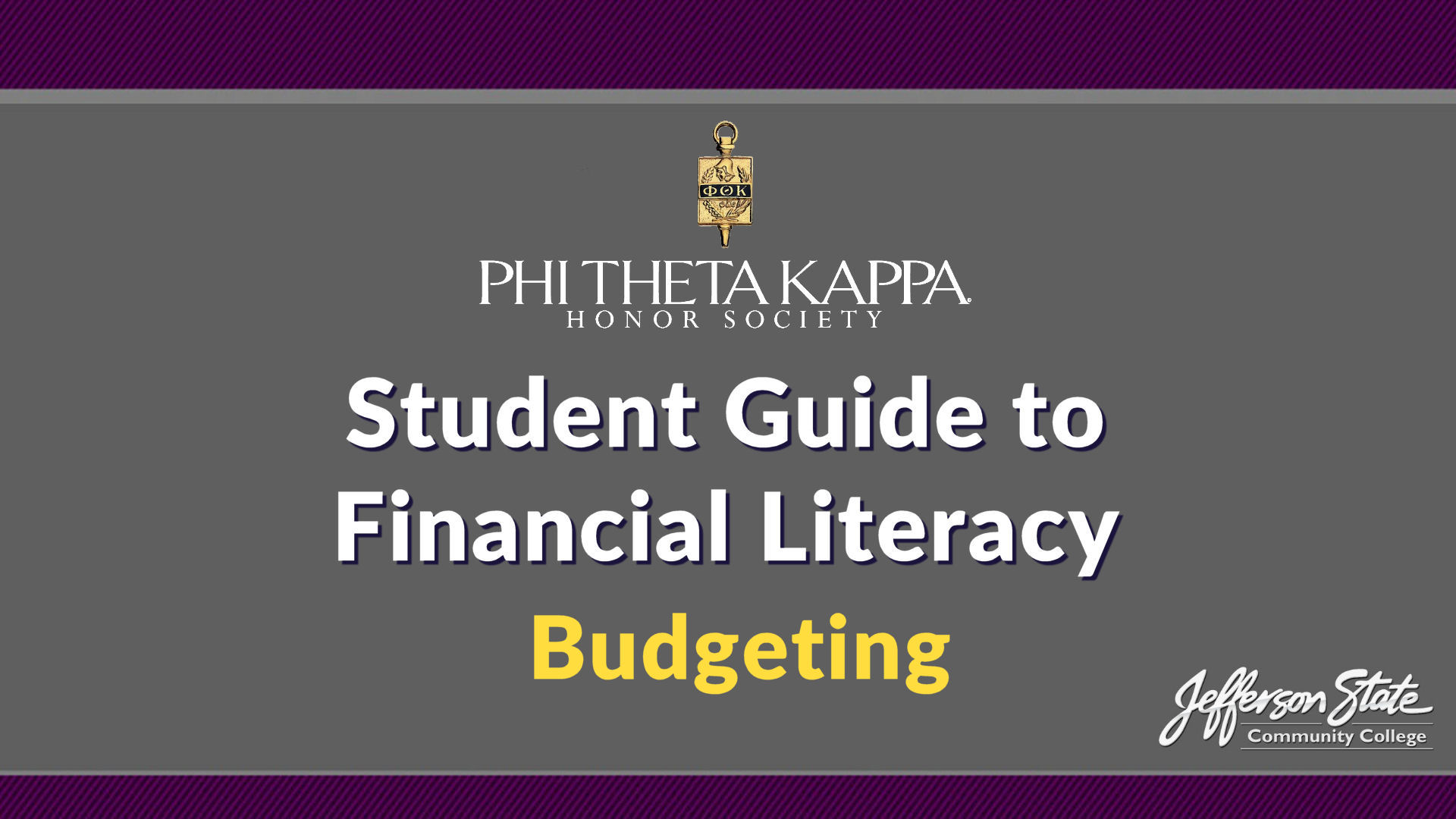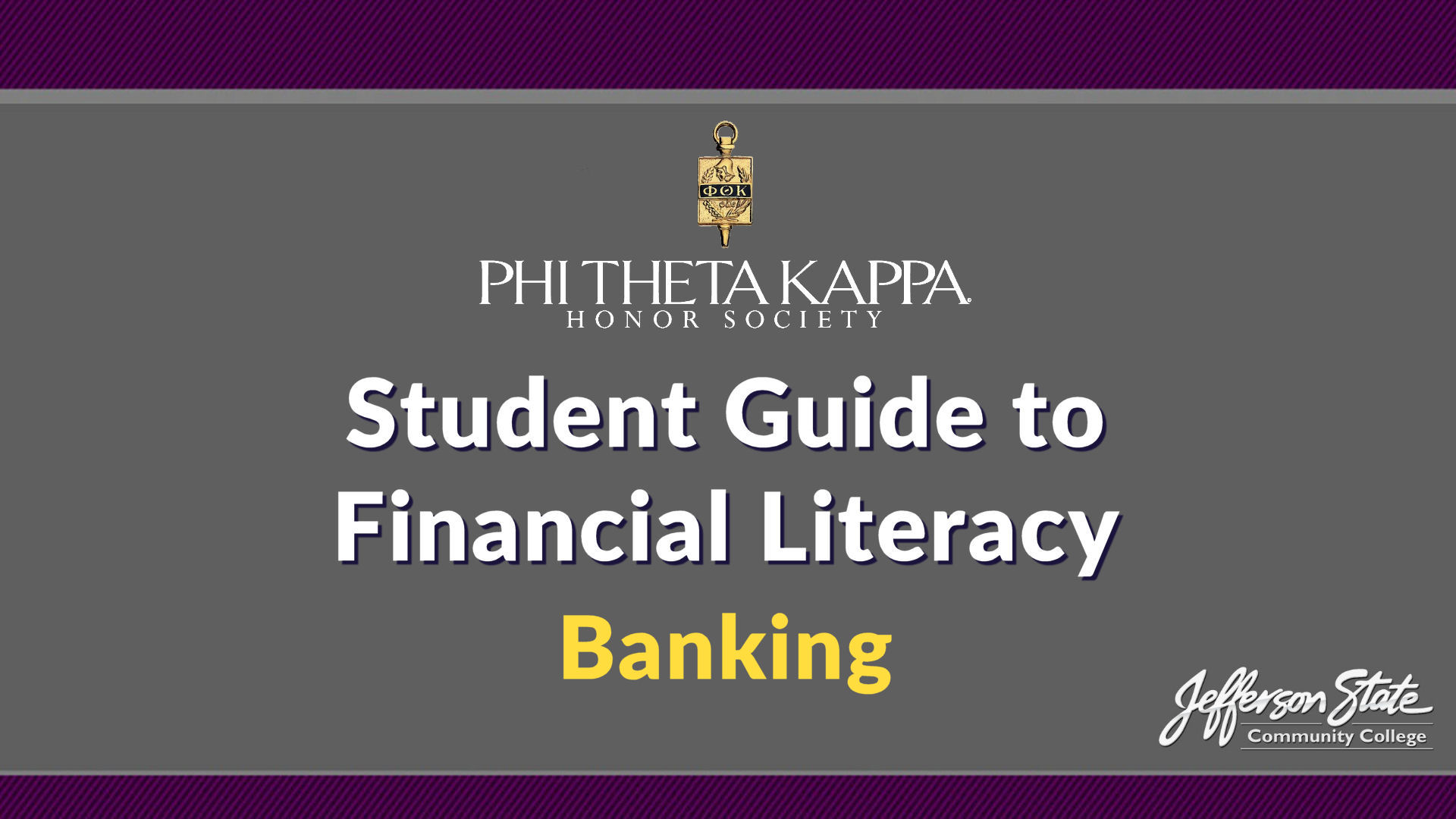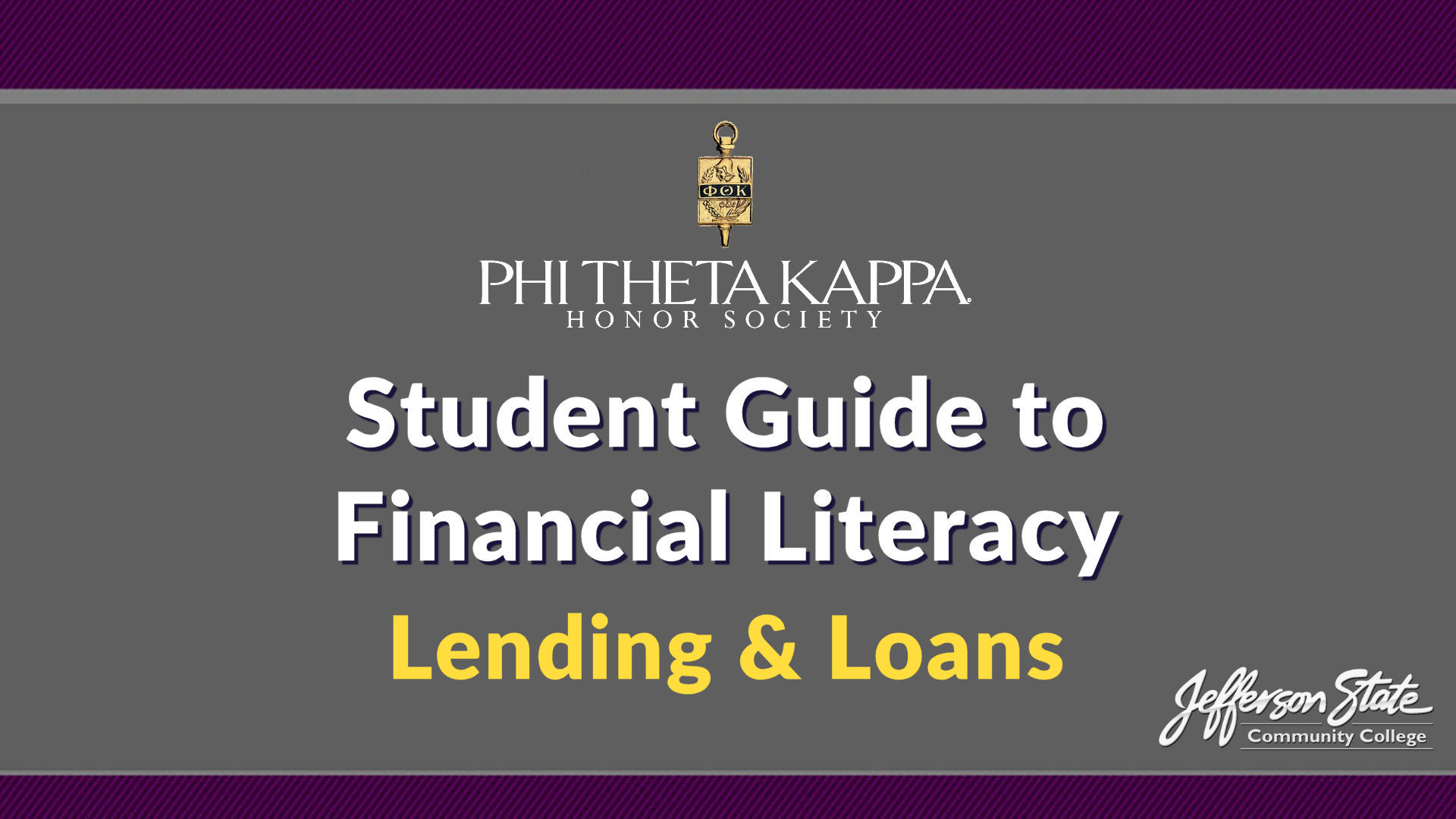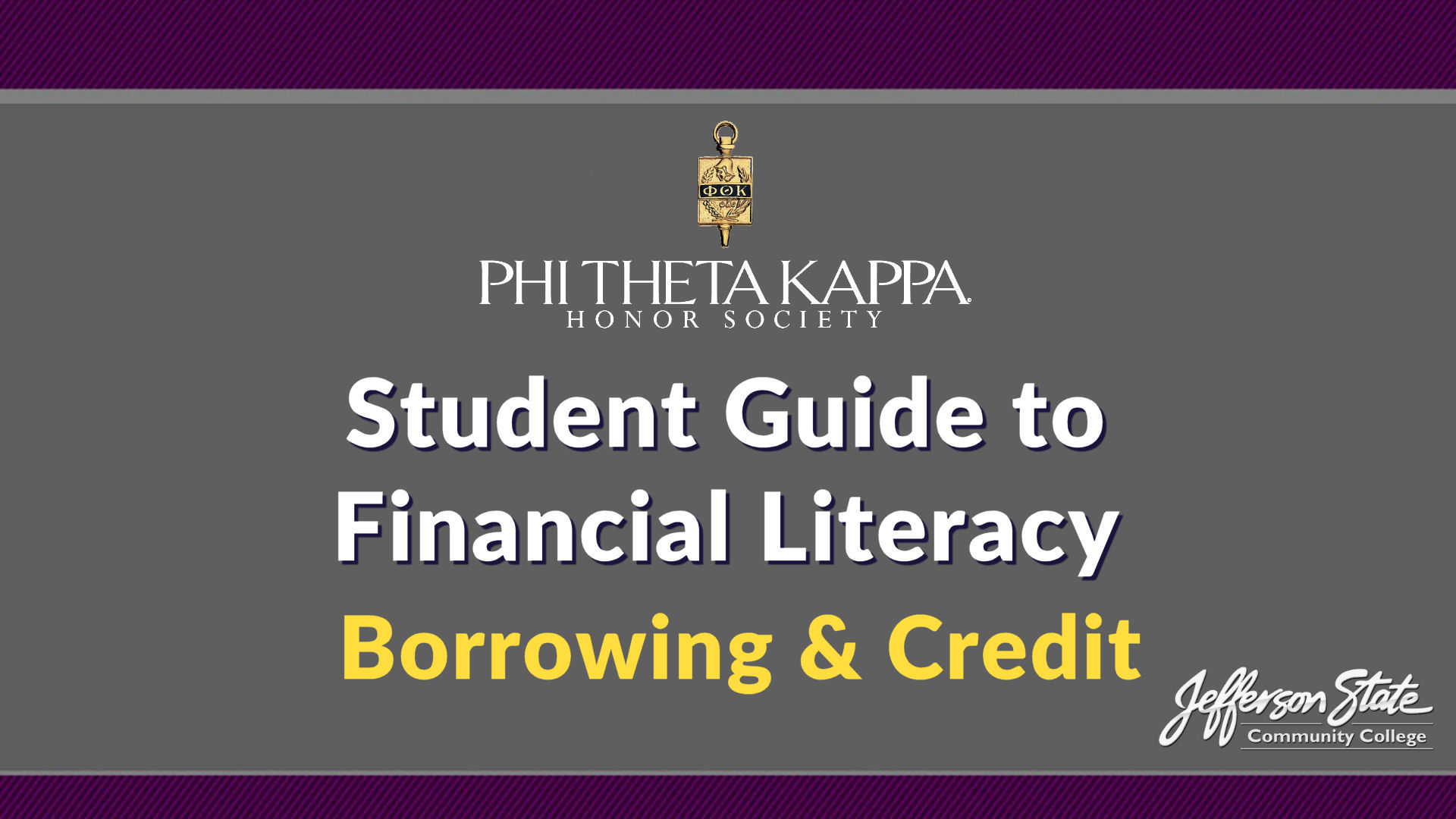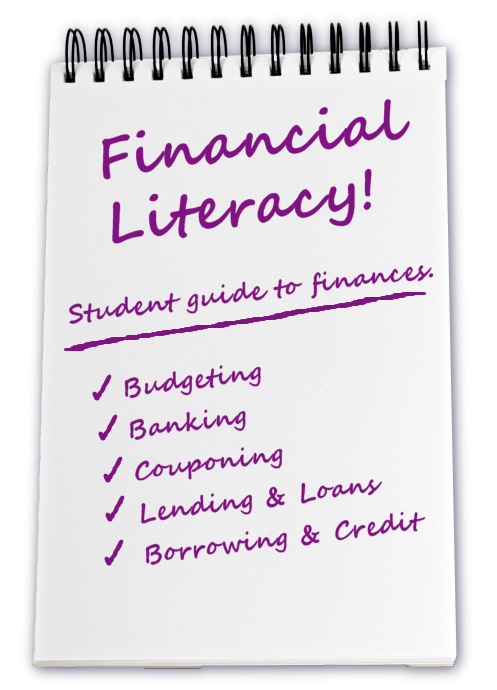 Budgeting
Budgeting
Valerie Spearman – President
Valerie’s Take… Budgeting is a staple in any successful financial household. How can you know how much money to spend on groceries if you have not figured out how much to spend on bills? But becoming financially responsible involves taking care of your budget before you purchase any frivolous items. Simply put, the hardest thing about budgeting is getting a budget started. Below I’ve offered five tips to help you do just that.
Valerie’s Tips…
- Focus on the things that are most important to your living situation and future first.
- Overestimate you expenses and underestimate your income.
- Treat saving as an expense you make every month and not a optional decision.
- Create a buffer in your personal budget to allow for some emergencies.
- Be forgiving of if you fail and attempt to do better next time.
Valerie’s Recommendation…. Mint (website has app that is iOS & Android compatible)
Banking
Chiziterem “Zeetee” Njoku – Vice President of Scholarship
Zeetee’s Take… Banks are institutions that provide financial services to their customers: they store and secure your money, provide that money back to you through withdrawals, help you manage all your financial transactions, and provide you with other financial opportunities as well. Banks also provide online services that make it easy to check your transactions, pay your bills, and establish a monthly budget—all from the comfort of your own home. But perhaps most importantly, banks can help you begin saving money—and not just spending it.
Zeetee’s Tips…
- Consider all the services a bank provides before you give them your business: be sure the bank is able to provide you all the services you need.
- Monitor regularly the money in your various accounts to avoid over drafting.
- Decide how much money from your salary you want to devote to your savings account each month.
- Avoid redundant fees when possible: for example, withdraw money from the ATM provided by your bank rather than one from somewhere else to avoid paying ATM fees.
Zeetee’s Recommendation… “What is Banking?” from MillenialMoney.com
Couponing
Esther Findley – Vice President of Fellowship
Esther’s Take… “Couponing” can help you spend less on groceries and save your hard-earned money. Coupons, which originated in the early 20th century, are marketing deals issued by manufacturers in order to promote certain products by providing them to consumers at a discounted rate. But Americans don’t take full advantage of coupons… not by a long shot! A full one third of the 307 billion coupons distributed nationwide in 2016 went unused—which is ironic given that coupons have never been easier to find and use than they are today. If college students could find the best coupon deals for their shopping needs, they would save a lot of money. Most major grocery stores (like Publix, Winn Dixie, and Piggly Wiggly) provide coupon deals on their websites. And in today’s technological world, numerous companies make using coupons as easy as clicking a mobile app on your phone.
Esther’s Tips…
- Check the websites of major grocery chains for weekly coupon deals.
- Download a couponing apps such as ibotta, checkout 51, or snip-snap.
- Check the Sunday paper for weekly coupon deals at local groceries and stores.
- Buy or create a coupon organizer or coupon notebook.
- Sign up for online coupon deals with a separate email account (not your primary email).
Esther’s Recommendation… ibotta (website has app that is iOS & Android compatible)
Lending & Loans
Benjamin “Ben” Green – Vice President of Communication
Ben’s Take… Most students do not have the income or savings to pay for college, so student loans are often necessary. Taking out a loan, however, can be scary—not only because it’s a major financial decision but also because it requires the learning of a lot of new terms and concepts. Perhaps the most important of these terms are principal and interest. Principal is the money that you originally borrow through a loan; interest is the cost of borrowing that original principal—in other words, it’s the extra money you pay back on a loan over time. There are many aspects to consider before taking out a student loan, but below are five tips that should help you get started.
Ben’s Tips…
- Consider other options such as need-based grants and merit scholarships.
- Determine how much can you afford to borrow (and pay back).
- Review your credit history before making any loan decisions.
- Read all the loan terms and ask a financial advisor to explain what you don’t understand.
- Consider all the loan and lender options available to you before finalizing your loan.
Ben’s Recommendation… “How Student Loans Work” from TheBalance.com
Borrowing & Credit
Tristan “Cole” Cates – Vice President of Fellowship
Cole’s Take… Even the idea of getting a credit card scares a lot of students stiff. And why wouldn’t it, given all the confusion surrounding the terms related to buying goods and services on credit? Annual percentage rates, compounding interest, FICO credit scores—one could be forgiven for assuming that the best course of action is never getting a credit card in the first place. But what most students don’t realize is that the U.S has a credit consumer economy, which means that, to be financially successful in this country, you must have an official record of your ability to repay debt in a timely fashion. You might never be able to get a new car, rent your own apartment, or buy a home without proof that you have accumulated some debt and then paid that debt off. In fact, that’s what your credit score is – a lifelong record of the debt that you have accumulated and how quickly and consistently you have paid it off. But don’t worry: below are five easy tips to help you develop a credit history and increase your credit score.
Cole’s Tips…
- Only use your credit card for one sort of purchase (like gas for your car).
- Pay your credit card bill ON TIME each month (Following tip 1 makes this easier).
- Never go beyond 10% of the maximum amount on your account. The more you spend on credit, the harder it becomes to pay off the debt.
- Don’t open multiple credit accounts. Keep it to one credit card and payment each month.
- Never use a credit card as a cushion or “safety net” to cover purchases you can’t afford.
Cole’s Recommendation… “What is a Credit Score?” from MyFico.com.

